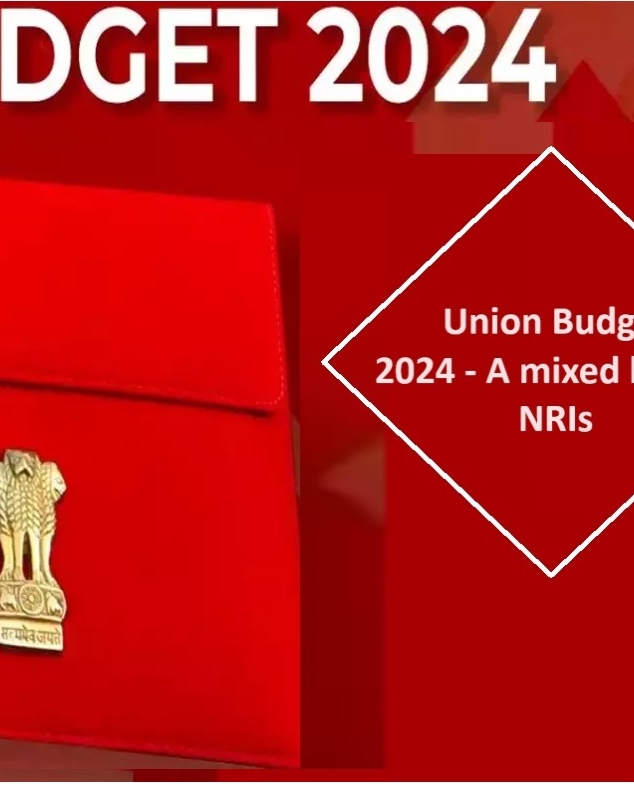NRI’s guide to manage bank accounts in India
Author: Overseas Indian Desk, at ZEUS Law
The Non-Resident Bank Accounts play a vital financial role for individuals of Indian origin who reside in other countries but maintain financial and economic bonds with India. Such accounts cater to the need of the Non-Resident Indians (“NRI”) to manage their Indian earnings, investments and expenses efficiently.
Through this article, we’ll delve into the intricacies of NRI accounts, while covering the types of accounts, benefits of having such accounts and the steps / documents required to open such accounts.
Types of NRI Accounts
- Non-Resident External (“NRE”) Accounts – Such accounts only allow foreign credits from outside India into the account. NRE Accounts are Indian Rupee dominated accounts. The foreign currency deposited in such accounts are converted into Indian rupee. There are no complications or restrictions while transferring the funds to any foreign accounts. The main qualifying part to hold this account is that the amount should be earned outside India. Interest earned on such accounts is exempted from tax in India.
- Non-Resident Ordinary (“NRO”) Accounts – These accounts are also Indian Rupee dominated accounts, but allow both foreign as well as Indian credits. This account also involves hassle-free transactions. NRO accounts can be jointly owned with other NRIs as well as Indian Residents. However, the drawback of such an account is that these accounts are subject to Tax deductions. Interest earned on such accounts is taxable on the specified income tax rates in India.
- Foreign currency Non-Resident (“FCNR”) (B) Accounts – NRIs opt for such bank accounts to maintain a fixed deposit account in India. This account is a foreign currency dominated account, which facilitates the NRIs to maintain their investments in India. Such accounts offer higher interest rates. The risk of exchange rate fluctuations is negated in such accounts, as the accounts allow you to hold various types of currencies. Deposits in such accounts are locked in for a period of 1-5 years and bears premature withdrawal penalties. Such accounts are mostly exempted from tax implications, except the specific clause in the NRI treaties with the country of residence which may apply to NRIs for tax implications.
Such accounts can only be opened by the individuals who have been residing out of the geographical territories of India for at least 120 days in a year or have spent less than 365 days in India in four previous consecutive years. Pursuant to the Income Tax Act, 1961, an individual’s departure from India ordinarily triggers a change in residential status to NRI if the prescribed physical presence thresholds are not met. Notably, the Act affords a specific exception for individuals leaving India for employment abroad. In such instances, NRI status is conferred immediately upon departure, irrespective of the physical presence criteria.
Now comes the question, what benefits do such type of accounts hold for the NRIs.
Benefits of NRI Accounts
- Convenience in facilitating foreign investments – A significant advantage of such account lies in their ability to act as a gateway of opportunities in India. In essence, NRI accounts become a bridge for NRIs to participate in the growth of the Indian economy.
- Tax benefits – NRE and FCNR account holders enjoy tax free earnings as per the Income Tax Act, 1961. However, such income will be taxable in India, if it not being taxed in any other country, as per the Double Taxation Avoidance Agreement.
- Return on investments – NRE Fixed Deposits and FCNR accounts enjoys high return on the deposits in the accounts.
- No Risk involved – These accounts bear negligible risk factor as such accounts have no underlying ties with the stock market fluctuations. FCNR accounts allow deposits in various foreign currencies, due to which there are no exchange rate fluctuations and consequent reductions in the deposit value.
Documents and formalities required to open such accounts
Generally, to open NRE, NRO or FCNR accounts, the required documents may vary according to the bank or the type of account preferred but, the basic documents needed are as follows :
- Application form
- Copy of passport for name, address, birth date, date of issuance of passport and expiration etc.
- Proof of residence in the country of domicile
- PAN card (if any)
- Proof of income or employment proof (vary according to the accounts)
- Work permit, student visa, visa permit, resident visa etc.
- KYC Documents (if any)
























